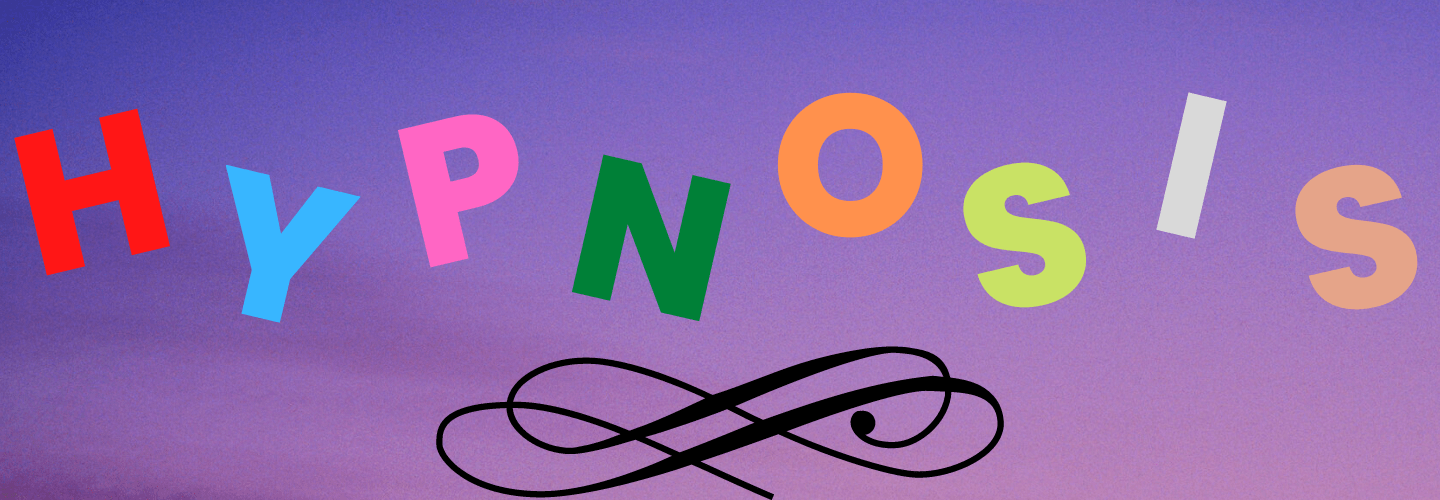
You can conquer the chaos of panic attacks by recognizing their physical and emotional triggers and employing strategies such as exposure therapy, cognitive restructuring, and mindfulness. Techniques like deep breathing exercises and hypnosis can also greatly alleviate your symptoms by helping you manage stress and reframe traumatic memories. Building a strong support network further enhances your resilience. Discover how these approaches provide lasting tools to transform overwhelming experiences into manageable ones and foster a peaceful mind.
Key Takeaways
- Employ mindfulness techniques to stay present and reduce the intensity of panic attacks.
- Use breathing exercises to regulate physiological responses during an attack.
- Engage in exposure therapy to gradually reduce fear of panic-inducing situations.
- Develop a support network for emotional and practical assistance during crises.
- Explore hypnosis to address and reframe subconscious triggers of panic attacks.
Understanding the Anatomy of a Panic Attack
While many people experience anxiety in their daily lives, it's important to recognize when this anxiety escalates into a panic attack.
A panic attack typically begins when your physiological response to perceived threats kicks into overdrive. This includes rapid heartbeat, sweating, and breathlessness. These symptoms are your body's fight-or-flight reaction, not a sign of actual danger.
Emotional triggers, often linked to past trauma or stress, can set off this intense reaction. Understanding these triggers and responses helps you grasp the real impact of a panic attack.
It's not just "in your head"—it's a tangible, physical manifestation of anxiety.
Strategies for Facing and Overcoming Fear
If you're feeling overwhelmed by fear, it is crucial to adopt strategies that confront and eventually overcome it. Exposure therapy and cognitive restructuring are proven techniques. Exposure therapy gradually introduces you to the feared situations, reducing anxiety over time. Cognitive restructuring helps you challenge and change unhelpful thoughts.
| Strategy | Description |
|---|---|
| Exposure Therapy | Gradual, controlled exposure to fear-inducing stimuli. |
| Cognitive Restructuring | Identifying and altering negative thought patterns. |
| Breathing Techniques | Deep, controlled breathing to manage immediate anxiety. |
| Mindfulness | Staying present to reduce overwhelming thoughts. |
| Support Networks | Engaging with others for emotional and practical support. |
These methods are not just theories; they are backed by empirical evidence and have helped many regain control.
Therapeutic Approaches to Managing Anxiety

Understanding the various therapeutic approaches available for managing anxiety is essential as they offer effective tools to alleviate symptoms and enhance quality of life.
Mindfulness techniques, for instance, help you remain present, reducing the overwhelming rush of panic. Breathing exercises play a vital role too; they regulate your body's response to stress, promoting calmness.
Empirical evidence supports these methods, showing significant improvements in anxiety management. By adopting these practices, you're not just coping, but actively rewiring your response to anxiety triggers.
This compassionate approach empowers you, fostering resilience and a more peaceful state of mind amidst chaos.
The Role of Hypnosis in Treating Panic Disorders
Exploring the role of hypnosis in treating panic disorders reveals a compelling avenue for those seeking relief from intense anxiety.
Hypnosis techniques tap into your subconscious, offering a unique form of healing. By accessing deeper layers of your mind, these methods enable you to confront and redefine the traumatic memories often underlying panic attacks.
This process isn't just about temporary relief; it's about initiating profound and lasting changes within your subconscious, fostering resilience against future episodes.
Studies suggest that with consistent hypnosis, you can greatly alleviate the frequency and severity of panic attacks, turning what once felt overwhelming into something manageable.
Building a Support System for Lasting Resilience

Building a robust support system enhances the effectiveness of treatments like hypnosis for managing panic disorders.
You're not just addressing symptoms; you're weaving a safety net with threads of peer support and community resources.
Studies show that individuals with strong support networks are more resilient, recovering quicker and with greater confidence.
Surround yourself with those who understand your journey and offer practical help.
Leverage local community centers and online forums where experiences and coping strategies are shared.
This shared wisdom not only empowers you but also deepens your resources to withstand and conquer future challenges.
Frequently Asked Questions
Can Diet Affect the Frequency of Panic Attacks?
Yes, your diet can impact the frequency of panic attacks. Nutritional deficiencies may exacerbate anxiety, while a balanced diet aids in stress reduction, potentially decreasing panic occurrences with empirical, compassionate support.
Are Panic Attacks Genetic or Hereditary?
You're a leaf on your family tree; if panic attacks rustle through it, genetic predisposition might be why. Analyzing family history reveals patterns, offering insight and guiding compassionate, evidence-based approaches to management.
How Do Weather Changes Impact Panic Attack Susceptibility?
Weather changes, like temperature fluctuations and humidity levels, can impact your panic attack susceptibility. Seasonal triggers may worsen symptoms due to shifts in weather patterns, potentially increasing your anxiety during certain times of the year.
Can Cultural Background Influence Panic Attack Perceptions?
Your cultural background can shape how you view and handle panic attacks, often influenced by cultural stigma and traditional coping mechanisms. Understanding these nuances is essential for effective, compassionate support and personal empowerment.
What Role Does Sleep Play in Panic Attack Frequency?
Poor sleep quality and sleep deprivation can increase your panic attack frequency. Ensuring regular, restful sleep reduces anxiety levels and helps manage stress, making you less susceptible to frequent panic episodes.
Conclusion
As you navigate through the stormy seas of panic attacks, remember, each wave you conquer strengthens your command over these turbulent waters. Hypnosis, therapy, and support networks are your anchors, grounding you amidst the chaos. Embrace these tools, let them guide you to calmer waters, where fear no longer controls the helm. You're not just surviving the storm; you're learning to sail masterfully through it, reclaiming peace as your rightful horizon.





